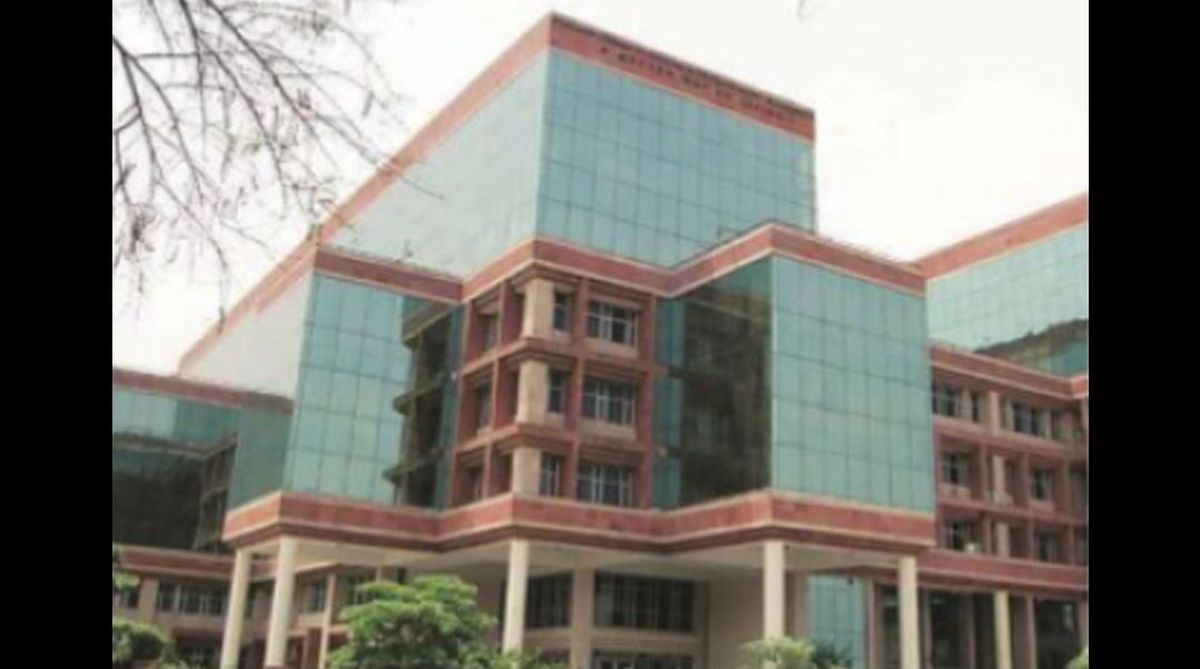To protect property buyers from swindlers, Punjab government would now give a unique number to the plots of government and approved colonies in the revenue records which will show the khasra number as well as the plot number.
The Revenue Department’s this initiative is expected to protect the people from swindlers. Under this scheme those who want to purchase property in cities or their periphery area will get a separate Khewat number (ownership number) which will do away with problem of common account (Sanjha Khata) of land.
Advertisement
Besides, now common land for roads, parks, streets and drains etc. cannot be sold out because such land will form a separate Khewat in the revenue record. The work is being initiated as a pilot project in Sector-79 of Mohali by GMADA.
The revenue minister, Sukhbinder Singh Sarkaria said the records would be updated in such a manner that when a coloniser sells a plot a Tatima and Fieldbook will be prepared for that particular plot so that every plot gets a unique number in the revenue records and shall ultimately formed an independent Khewat. While elaborating, he said a map of the residential colony would be superimposed on the revenue map.
In this way a specific plot will get registered on the buyer’s name rather than a part of the colony as was the earlier practice, which would always remain to be the subject of partition.
This will end the fraud of selling one piece of land again and again to one or more person. Now a buyer will not face any problem in finding out the real owner of a specific property. “Complications due to complex revenue record will be eliminated,” the minister added.
The additional chief secretary- cum-financial commissioner revenue, MP Singh said this would go a long way in ending the unnecessary litigation, besides providing respite to the Revenue staff in the maintenance of cumbersome revenue records. It would also be helpful for Land Acquisition Collectors while disbursing amounts for the acquired land, he added.
He said that the Revenue Department was committed to provide services in a transparent manner under which several corrective measures had been undertaken for the online registration of property in the state.
Besides, now any person can download the templates of different types of deeds from the Revenue Department’s website and fill them on their own, thus reducing dependency on deed writers and lawyers.











